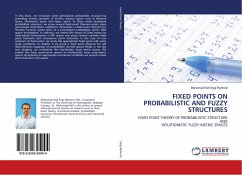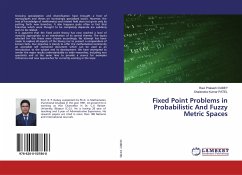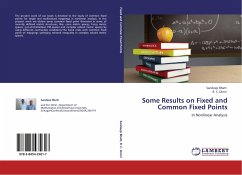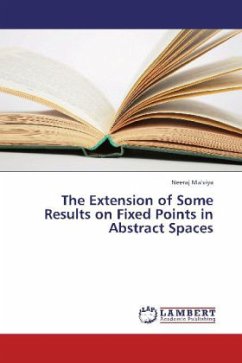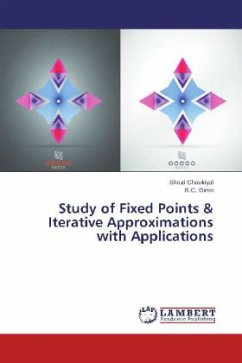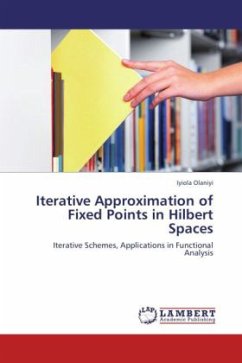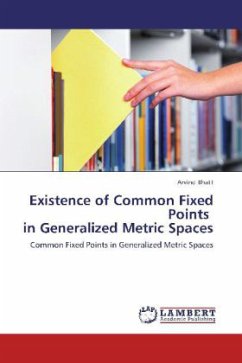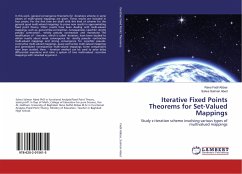In this book, we introduce some generalized probabilistic structure by extending several concepts of known classical spaces such as Random Space, Ultrametric Space and Hyper Space. In these newly developed probabilistic structure, we prove several fixed point theorem under some generalized contraction conditions. Particularly, a fixed point theorem for iterated function system (IFS) on a precompact probabilistic metric (PM) spaces investigated. In addition, we extend the theory of fixed points for multi-valued contractions in PM spaces and prove several common fixed point theorems and coincidence point theorems. In the case of non existence of fixed point, we study the approximate fixed point with some weak conditions. In chapter 6 we prove a fixed point theorem for self discontinuious mappings on probabilistic normed spaces.Finally, in the last two chapters, we considered the intuitionistic fuzzy metric spaces. We extend the fuzzy quasi-metric spaces to intuitionistic fuzzy quasi-metric spaces. By defining an appropriate contraction condition we proved a fixed point theorem in this space.
Bitte wählen Sie Ihr Anliegen aus.
Rechnungen
Retourenschein anfordern
Bestellstatus
Storno

